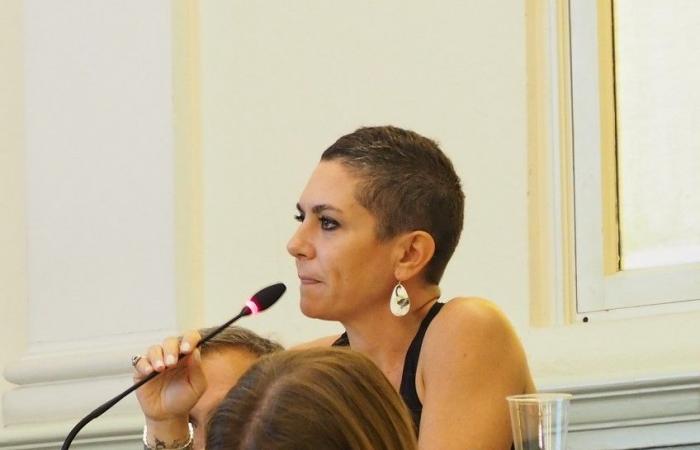by Ilaria Baraldi*
The new council has opened: many new faces on the council benches and new additions to the cabinet, with the redistribution of some delegations.
The delegation for equal opportunities was assigned to Councilor Angela Travagli. I do not believe that this assignment is based on a particular thought of the Mayor; equally, I find it interesting that the delegation, usually associated with more “humanistic” subjects (culture, school, social), was assigned together with the delegations for personnel and labor policies.
This offers Councilor Travagli an excellent opportunity: first of all, she will be able to work on improving the conditions of the majority of the Municipality’s employees (74% of the total are female) by implementing work-life balance opportunities for men and women.
Hopefully, it will be able to start working on internal communication, between the various sectors, and external communication, of the administration towards the city, updating the obsolete administrative language to make it more up-to-date and therefore inclusive.
It should also be remembered that the internal questionnaire on the organizational well-being of employees in 2023 had given worrying results: only 39% of the structure had responded; of these, 18% declared that they felt they were the object of mobbing and 7% the object of discrimination. 69% (284 respondents) of the sample were women: it is therefore easy to assume that a good part of the people who feel discriminated against or the object of mobbing are women.
Here too there is ample room for improvement and we hope that Councillor Travagli will be able to seize it, working to restore to the Ferrara administration the climate in which public employees deserve to work.
A point of reference can be the excellent work carried out in the last year by the Equality Advisor of the Province of Ferrara, who has meticulously managed to connect institutions and subjects, involving them in gender inequalities, in particular on the effects of economic violence.
Labour policies, then, if read through the lens of equal opportunities, will suggest specific administrative actions for a territory in difficulty compared to the rest of the region and in contrast with the numbers of other provinces in terms of numbers of employed people but above all as a percentage of women on the total, which has been decreasing in the last two years.
In addition to an increasingly close collaboration with the Regional Employment Agency through the Ferrara Employment Center, it is essential that the Ferrara administration led by Mayor Fabbri takes into account the “Pact for Work and Climate – focus Ferrara” signed at the end of 2021 by the Region, the Province, the Municipality of Ferrara and the Municipalities of the Province, by Unife, by the trade, employer and trade union associations, by the professional orders.
To date, that document, in its local version, remains a dead letter: the challenge of greater and better participation of women in the world of work that bridges the employment and salary gap, in addition to responding to a need for equity, could free up energy and resources useful for bridging a gap that is also penalizing for the capital, among those most affected by a demographic decline that requires immediate positive actions.
We insist on suggesting the adoption of the gender budget – a hypothesis rejected without any discussion of merit by the previous city council – as a useful tool for planning all administrative action from a gender perspective. Many municipalities have adopted it (in addition to the Emilia-Romagna Region) and it is a useful way of working that cannot be reduced to a specious or ideological address.
Beyond the obvious differences, one could also look at the Plan for Equality of the metropolitan city of Bologna, which has been working for 2 years to combat gender inequalities with transversal and never occasional projects.
Finally, after 5 years of emptiness, it is hoped that the Department of Equal Opportunities relaunches the PICO table (Memorandum of Understanding for the definition of actions, intervention strategies and contrast to homotransnegativity) so that the Ferrara administration recovers the necessary central and proactive role and does not limit itself to acting as coordinator of the indispensable work of the associations.
*spokesperson for the Democratic Women of Ferrara and responsible for Rights of the PD Provincial Secretariat



